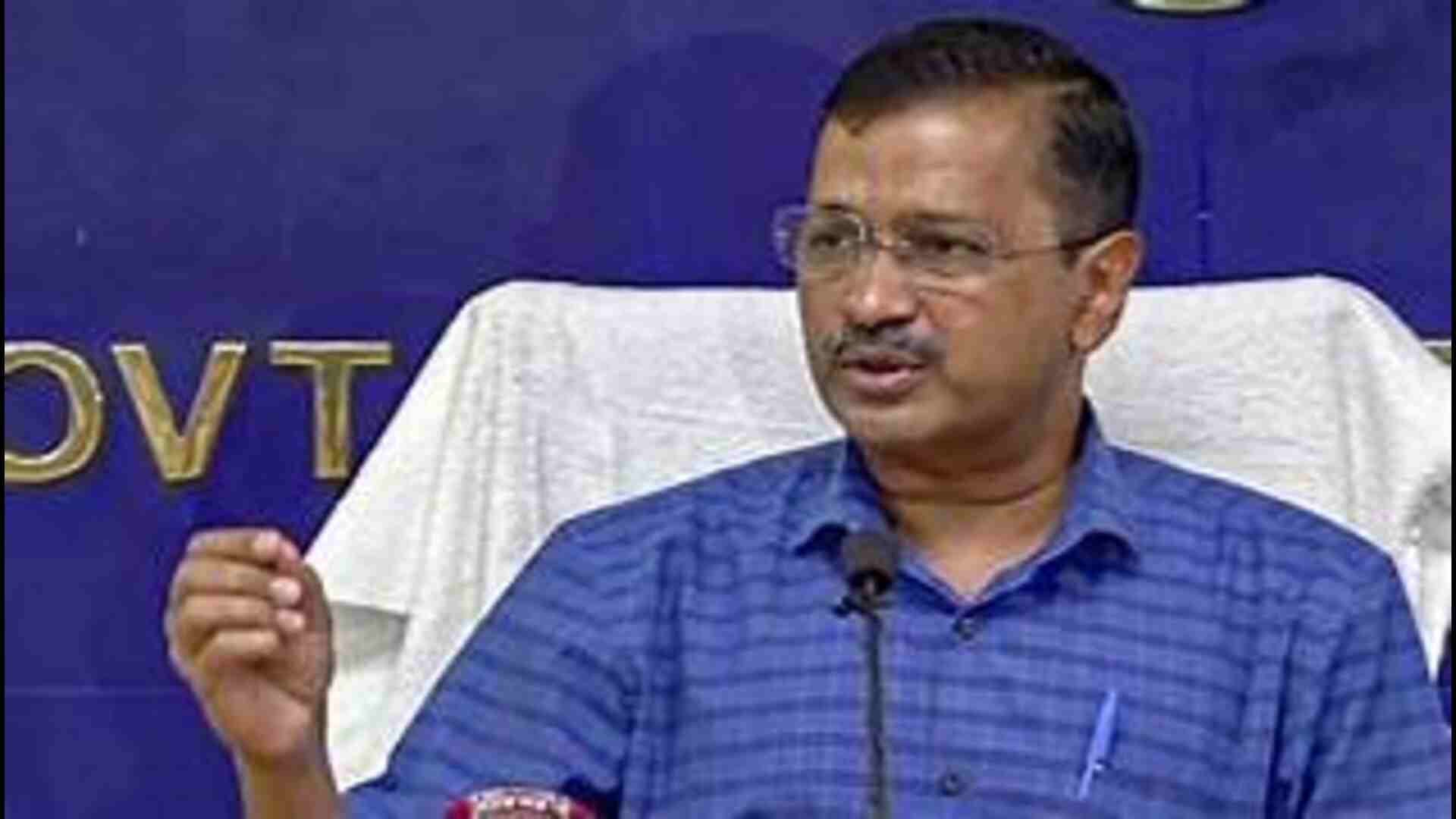Pakistan’s parliament has approved a bill extending the terms of the country’s military leaders from three to five years, with proceedings pushed through quickly by the ruling coalition government despite strong opposition from the opposition party.
The bill’s passage means that army chief General Asif Munir, who has been in office for two years, will continue to lead the country’s powerful military until at least 2027.
Televised parliamentary proceedings became chaotic as protesters from former Prime Minister Imran Khan’s party voiced strong objections, tearing up copies of the bill. Lawmakers from Khan’s Pakistan Tehreek-e-Insaf (PTI) party argued that the bill was passed hastily without proper debate, calling the amendments an attack on Pakistan’s democracy.
Prime Minister Shehbaz Sharif’s government, which came to power in a coalition opposed to Khan following elections in February, is seen as aiming to strengthen ties with the powerful military through these constitutional amendments.
The amendment to the Pakistan Army Act of 1952, moved by Defense Minister Khawaja Muhammad Asif, passed both houses of parliament. This law will extend the tenures of the Chief of Army Staff, Chief of Air Staff, and Chief of Naval Staff to five years from three. The current retirement age limit of 64 years for Generals, Air Chief Marshals, and Admirals will not apply to these three positions, as any extensions or re-appointments will now be for five years. However, the tenure for the Chair of Joint Chiefs of Staff remains at three years, according to Dawn newspaper.
Members of the PTI opposed the amendments, tearing copies of the bill and throwing them toward the house speaker while chanting slogans. PTI chair Gohar Ali Khan declared, “Today, democracy has been changed into a monarchy.”
During a protest, PTI’s opposition leader in the National Assembly, Omar Ayub Khan, commented, “Extending the tenure of the chiefs of the armed forces will have a negative impact on the professional competence of the rest of the officers of the armed forces and the standard of the armed forces. This is not a matter of an individual, but of the future of our beloved country.”
Michael Kugelman, director of the South Asia Institute at Washington’s Wilson Center, remarked, “The most powerful post in Pakistan is poised to become even more powerful. Pakistan’s parliament has pushed through a bill extending the army chief’s tenure from three to five years, and with little debate. When a legislature is reduced to a rubber stamp, democracy is never a winner.”
Information Minister Attaullah Tarar defended the bill, stating it was intended to bring stability to the armed forces. “There is no harm if the tenure of any services chief is extended to five years like we have a five-year term for a government,” Tarar told Geo News TV. “It will help bring stability and continuity of policies within institutions.”
Former Prime Minister Khan, ousted in a 2022 no-confidence vote and jailed since August, has blamed the military for orchestrating his removal after clashing with former army chief Qamar Javed Bajwa.
The army has long held significant influence in Pakistan, ruling for half of the country’s 75-year history and maintaining sway over politicians in power. Military generals have staged three coups against elected governments, governing the country for over three decades.
Also read: India is pushing for $1 trillion climate finance deal at COP29
Politicians, including Khan, have repeatedly claimed that military generals exert undue pressure on policy-making and play a large role in Pakistani politics.







